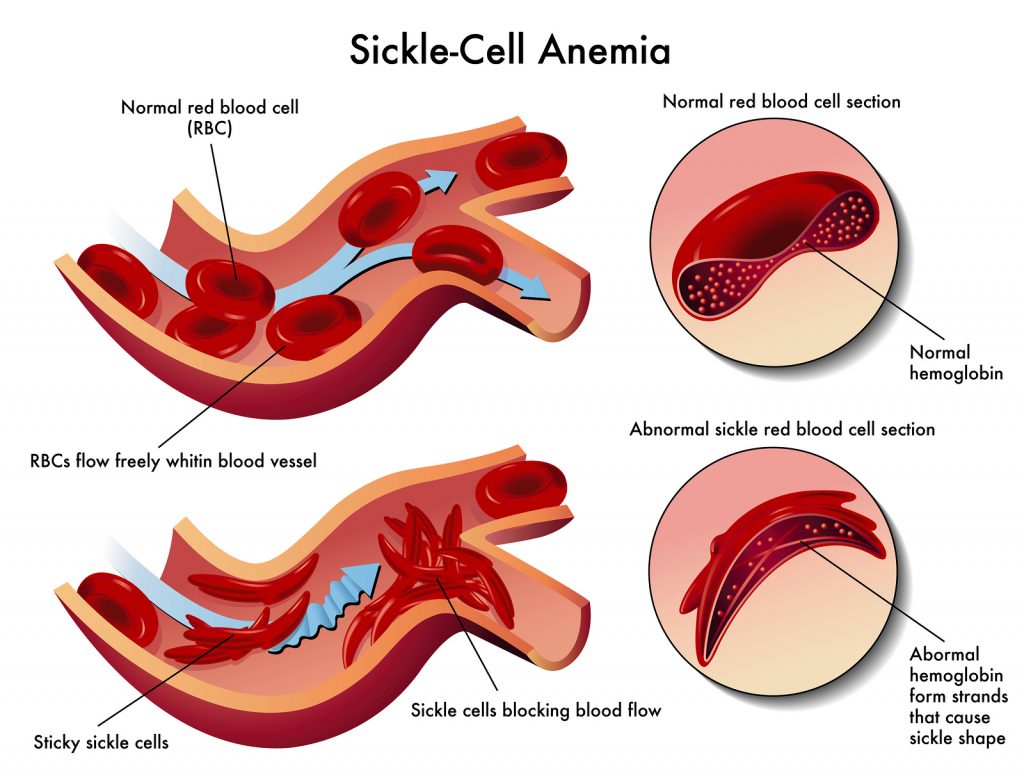Today is “World Sickle Cell Day.” The aim is to improve education and awareness of this genetic blood disorder and encourage more research to cure it. It’s something local patients are hoping for.
“Swimming, bike riding, long walks. She’s unable to do that because of her sickle cell. Her joints swell. She’s in pain,” noted Brandon Parker.
He’s talking about his 8-year-old daughter, Nzyah, born with sickle cell disease. It’s an inherited disorder of the red blood cells causing them to be sickle shaped, not round. That affects their ability to carry oxygen, limiting their flexibility so they can stick to blood vessel walls, triggering excruciating pain.
“And so newborn screening has helped us identify babies right away and we then begin to put them on antibiotic prevention and we immunize them against the strep species so that they can stay healthy.” Explained Dr. Joanne Porter, a pediatric hematologist at Albany Medical Center.
While an aggressive vaccination schedule helps stave off illness and prevent premature death, there’s little new in the way of treatment for sickle cell disease, besides blood transfusions, a chemo therapy drug and in severe cases, bone marrow transplant and there’s no cure.
That’s why Shakir Cannon, 33, has been spurred to action. He’s lived with sickle cell disease his whole life.
“We sat at the table at the White House, we were very involved in these meetings briefings on precision medicine.” Cannon said.
Yes, Cannon a technology guy from Clifton Park has been invited to the White house three times, most recently in May.
He’s self-educated about precision medicine, treatment tailored to the individual and specifically the role the gut biome plays.
The biome is composed of microorganisms and bacteria that help digest food and are believed to influence much more of our health.
He’s part of a group now involved in a funded study of 1,000 people.
“We hope to really analyze the micro-biome to see how these microorganisms are affecting each and every patient at the at the individual level.” noted Cannon.
n this country sickle cell disease, which ranges in severity, affects an estimated 100,000 people, mostly African Americans, like Cannon.
“You know I have a daughter and a wife, and a family and I just really want to be around for as longest years, to see my daughter grow up,” Cannon explained.
A song has been created to raise money for sickle cell research. The links for that and more info on sickle cell disease can be found below.

